
HOW WE CAN BENEFIT AND IMPROVE THE STANDARD OF OUR NATIONAL TELEVISION PROGRAMMES TO DEVELOP OUR SOCIETY
as very essential pubic administration. Kindly republish as per the revised version. Thanks.
Television has profound impact on our society. It has changed the life styles of the people and has become a major influence in our culture. Unlike printing, this took hundreds of years Television has contributed a massive direct advantages to the society, which some of these advantages listed below Television has occupied an important position in homes and made an impact on the individuals and the society Television, as a technology has changed the complexion and manner of conveying ideas to people.Television has brought a revolutionary change in the way people receive information and understand the world by shifting them from direct experience in all aspects of life necessary for human development. Television has contributed to breaking the social barriers For example it increases the understanding of the people regarding the issue and develops common feeling for the need for social change. Explaining the importance of television, hundreds of millions of people across the world have benefited the various programmes broadcasted from television screens and therefore we are not benefiting like of those millions of people around the world. The most important feature of television is the ability to deliver simultaneously programmes essential for our development like agriculture, fishing, livestock, education, water, road safety, crime control etc.
TelevisionEducation programmes.Television education programmesaimsto connect students with an interest in international development and create a platform for students to engage with, learn about, and make a positive contribution in the field of international development. To achieve this, it operates through three channels: Awareness and Exchange The society hosts panels of guest speakers, regular discussion evenings and other events as well as arranging trips to conferences in order to raise awareness and create a platform for exchange and dialogue on pertinent issues in international development spanning a wide range of disciplines. To achieve this goal, the society also hosts the Conference on International Development.Will provide students a platform of looking information regarding different campaigns that they might be interested in. This could includechildhood, Pre-school education, on-formal education, Formal education, Distant education, Technical and vocational education, Adult education, Collegiate education etc.
Fish resourcesthroughTelevision progemmes:Somaliland posses hundred miles of coastal area andFish form an important part of people’s diet around the world, while many are dependent on the occupation of fishing. Fish form an important part of people’s diet around the world, while many are dependent on the occupation of fishing. Fishing television programmes raise the income levels of the poor coastal communities. Fish is a vital source of protein and income for a large number of people and an important source of revenue for many parts in the world.
Livestocktelevision programmes.Livestock make a major, although largely underestimated, contribution to rural development in developing countries. They produce food, enhance crop production and provide additional economic goods and services as well as cash income. Revenue obtained from our livestock estimated over four hundred millions of dollars provide funds for purchasing various commodities necessary for human needs. Despite of the above, little investment has been contributed how to develop our livestock market. In many countries, the difficulties associated with increasing sustainable animal production are exacerbated by limited public-sector investment. Television livestock programmes can improve our livestock improvement. Had we did not improvement our present livestock situation, we will not be able to compete the meat imported for our market mainly the gulf Arab countries such as Saudi Arabia.There is obviously a need for an effective policy and planning framework that will optimize development resources and provide the necessary support and economic environment to allow a country's livestock resources to express its potential.Livestock is a key part of f in developing countries and is crucial to the livelihoods of more than 900 million people in Sub-Saharan Africa and South Asia.On the local consumption side, livestock products have characteristics that require specie-1 attention in the planning process, our meat and milk provides good revenue to hundreds of families
Agriculture programmesthrough thetelevision.Helping our farming families increase production in a sustainable way, and sell more crops, is the most effective way to reduce hunger and poverty over the long term.Farmers in Somaliland will benefit had we broadcast farming programs through our television so that, this will help them increase production and improve veterinary care. When farmers grow more food and earn more income, they are better able feed to their families, send their children to school, provide for their family’s health, and invest in their farms. This makes their communities economically stronger and more stable. Helping farmers improve their yields requires a comprehensive approach that includes the use of seeds that are more resistant to disease, drought, and flooding; information from trusted local sources about more productive farming techniques and technologies; greater access to markets; and government policies that serve the interests of farming families. Agricultural development must also address gender disparities. In Sub-Saharan Africa and South Asia, women are vital contributors to farm work, but because they have less access to improved seeds, better techniques and technologies, and markets, yields on their plots are typically 20 to 40 percent lower than on plots farmed by men. Addressing this gap can help households become more productive and reduce malnutrition within poor families.Agricultural Development is one of the largest initiatives in development world and we need listening to our farmers and addressing their specific needs.We talk to farmers about the crops they want to grow and eat, as well as the unique challenges they face in an effort of increasing farm productivity. We should also advocate for agricultural policies that support farmers in their efforts to better feed themselves and their communities. We should support them to develop more productive and nutritious varieties of the staple crops grown and consumed by farming families. These include varieties adapted to local conditions that deliver specific benefits farmers seek, such as increased yields, better nutrition, and tolerance to drought, flood, and pests. We fund research to discover ways to better manage soil and water resources and reduce crop loss due to spoilage, weeds, pests, disease, and other threats.
Television programmes for road traffic accidents.Road traffic accidents remain the most common cause of personal injuries, ranging from relatively minor whiplash injuries with symptoms lasting a couple of months to catastrophic and life changing injuries or even the death of the person involved in the accident. Whatever the nature of the injury and accident circumstances, our experienced lawyers will guide you through the claim’s process. We need to address the, the issues that causes road accident both in cities and rural areas and noticeable causes are overSpeeding, Inexperienced drivers , failure to Look Properly,Loss of Control, Failed to Judge Other Person's Path/Speed, Careless Driving, Seat Belt Wearing, lack of truck and car maintenances and checking etc.
Environment television programmes.Environment, Development and Sustainability is an international, multidisciplinary journal covering all aspects of the environmental impacts ofsocial-economic development. Concerned with the complex interactions between development and environment, its purpose is to seek ways and means for achieving sustainability in allhuman activities aimed at such development. This include verification, implementation and monitoring of policies for sustainable development; sustainable use of land, water, energy and biological resources in development; impacts of agriculture and forestry activities on soil coverage includes interactions among society, development and environment, and their implications for sustainable development; technical, economic, ethical and philosophical aspects of sustainable development in our rural areas includeverification, implementation and monitoring of policies for sustainable development; sustainable use of land,water, energy and biological resources in development; impacts of agriculture and forestry activities on our soil
Drinking water solutions throughtelevision programmes.Clean, safe drinking water is scarce. Water is the foundation of life. And still today, all around the world, far too many people spend their entire day searching for it. Simply put, water scarcity is either the lack of enough water (quantity) or lack of access to safe water (quality).It's hard for most of us to imagine that clean, safe water is not something that can be taken for granted. But, in the developing world, finding a reliable source of safe water is often time consuming and expensive. This is known as economic Scarcity. Water can be found.it simply requires more resources to do it.In other areas, the lack of water is a more profound problem. There simply isn't enough. That is known as physical Scarcity. The problem of water scarcity is a growing one. As more people put ever increasing demands on limited supplies, the cost and effort to build or even maintain access to water will increase. And water's importance to political and social stability will only grow with the crisis. we need meeting water needs through the preparation of programmes and projects that will attract follow on investments, and piloting innovative technologies and approaches that may lead to widespread adoption. Improving water knowledge by increasing the capacity for informed decisions making to guide water development planning and implementation.
Crimecontrolthroughtelevision programmes.The idea ofregulatory crime controlis to reduce and control crime. Many factors can make a place or area a victim of criminal activity. Regulatory crime control involves reducing crime within a specific place or area; specifically, risky facilities give contingency for prevention. In order to regulate crime control and take preventive measures, one must develop different concepts that are aimed to helping deter crime. These different concepts include hot spots, crime generators and crime attractors. Hot spots are places with high crime rates. Crime generators have high crime in places because they are generally really busy and crime attractors are places that consist of many crime targets and not much protection provided for these targets places.When referring to the two types of strategies of regulatory crime control, it goes into more detail about ends-based strategies having policies that aredeferentiallyinfluenced by the costs of production among the competing firms. In contrast, means-based strategies have policies thathave firms that are all subject to the same commands. Crime prevention is used throughout regulatory crime control. If the concerned parties make the effort to reduce criminal activity within their establishment, then they become a very important crime prevention implication. Regulatory crime control, involving places, can also be prevented by focusing on place-based prevention when examiningneighbourhoodsand large geographical areas.
Goodgovernancethorough thetelevision programmes. Good governanceis an indeterminate term used in international development literature to describe how public institutions conduct public affairs and manage public resources. Governance isthe process of decision-making and the process by which decisions are implemented (or not implemented) the termgovernancecan apply to corporate, international, national, local governance or to the interactions between other sectors of society.
The concept of good governance often emerges as a model to compare ineffective economies or political bodies with viable economies and political bodies. The conceptcentersaround theresponsibility of governments and governing bodies to meet the needs of the masses as opposed to select groups in society. Because the term good governance can be focused on any one form of governance, aid organizations and the authorities of developed countries often will focus the meaning of good governance to a set of requirement that conform to the organization's agenda, making "good governance" imply many different things in many different contexts.In international affairs, analysis of good governance can look at any of the following relationships: between governments and markets, between governments and citizens, between governments and the private or voluntary sector, between elected officials and appointed officials, between local institutions and urban and rural dwellers, between legislature and executive branches, and between nation states and institutions.
The varying types of comparisons comprising the analysis of governance in scholastic and practical discussion can cause the meaning of "good governance" to vary greatly from practitioner to practitioner. Three institutions can be reformed to promote good governance: the state, the private sector and civil society. However, among various cultures, the need and demand for reform can vary depending on the priorities of that country's society. A variety of country level initiatives and international movements put emphasis on various types of governance reform. Each movement for reform establishes criteria for what they consider good governance based on their own needs and agendas. The following are examples of good governance standards for prominent organizations in the international community.
The international monetary fund (IMF) declared in 1996 that "promoting good governance in all its aspects, including by ensuring the rule of law, improving the efficiency and accountability of the public sector, and tackling corruption, as essential elements of a framework within which economies can prosper The IMF feels that corruption within economies is caused by the ineffective governance of the economy, either too much regulation or too little regulation. To receive loans from the IMF, countries must have certain good governance policies, as determined by the IMF, in place. The United Nations emphasizes reform through human development and political institution reform. According to the UN, good governance has eight characteristics. Good governance is: Consensus Oriented Participatory, the rule of law, Transparent and Responsive.Therule of law(also known asnomocracy) primarily refers to the influence and authority of the law within society, especially as a constraint upon behaviour, including behaviour of government officials.The World Bank is more concerned with the reform of economic and social resource control.]In 1992, it underlined three aspects of society which they feel affect the nature of a country's governance: type of political regime; process by which authority is exercised in the management of the economic and social resources, with a view to development; and capacity of governments to formulate policies and have them effectively implemented.
Good governance defines an ideal which is difficult to achieve in full, though it is something development supporters consider donating to causes. Major donors and international financial institutions, like the (IMF) or World Bank, are basing their aid on the condition that the recipient undertake reforms ensuring good governance. This is mostly due to the close link between poor governance and corruption.Democratization:Because concepts such as civil society decentralization, peaceful conflict management and accountability are often used when defining the concept of good governance, the definition of good governance promotes many ideas that closely align with effective democratic governance.Governance is a very general concept that can refer to all manner of organizations. Equally, this generality means that governance is often defined more narrowly to refer to a particular 'level' of governance associated with a type of organization (including public governance, global governance, non-profit governance, corporate governance, and project governance), a particular 'field' of governance associated with a type of activity or outcome (including environmental governance, internet governance, and information technology governance), or a particular 'model' of governance, often derived as an empirical or normative theory (including regulatory governance, participatory governance, multilevel governance, metagovernance, (MetaGovernance is a leading purveyor of solutions that provide corporations with timely, accurate information for business operations and financial disclosure). Governance can be used not only to describe these diverse topics but also to define normative or practical agendas for them. Normative concepts of fair governance or good governance are common among public, voluntary, and private sector organizations.
With regard the public governance, it is useful to note the distinction between the concepts of governance and politics. Politics involves processes by which a group of people (perhaps with divergent opinions or interests) reach collective decisions generally regarded as binding on the group, and enforced as common policy . Governance, on the other hand, conveys the administrative and process-oriented elements of governing rather than its antagonistic ones. Such an argument continues to assume the possibility of the traditional separation between "politics" and "administration". Contemporary governance practice and theory sometimes questions this distinction, premising that both "governance" and "politics" involve aspects of power.With regard the private governance.Private governance occurs when non-government entities including private organizations, dispute resolution organization, or other third party groups, make rules and/or standards which have a binding effect on the "quality of life and opportunities of the larger public. Simply put, private not public entities are making public policy .The term "public policy" should not be exclusively associated with policy that is made by government. Public policy may be created by either the private sector. If one wishes to refer only to public policy that is made by government, the best term to use is "governmental policy," which eliminates the ambiguity regarding the agent of the policy making.
Inconclusion, it is true that hundreds of experts of somalilanders specialized for the domains listed in the above are readilyavailable both at home andoverseas inan effort of benefitingthesociety andtherefore,themanagement ofSomali-landnational aTelevision should look and contact these experts togenerate a return value for theinvestedmoney. The nextarticlepertaining similarsubjects willshortly beforwarded toSomali-landwebsites for publication. Thisinclude human rights, how to,minimizethe chronic level oftribalism, youthprogrammes,Judiciaryand justice, sports, how to improve our roads and many moresubjects.
Ismail lugweyne.
Rabasoro55@hotmail.co.uk






 0
0 








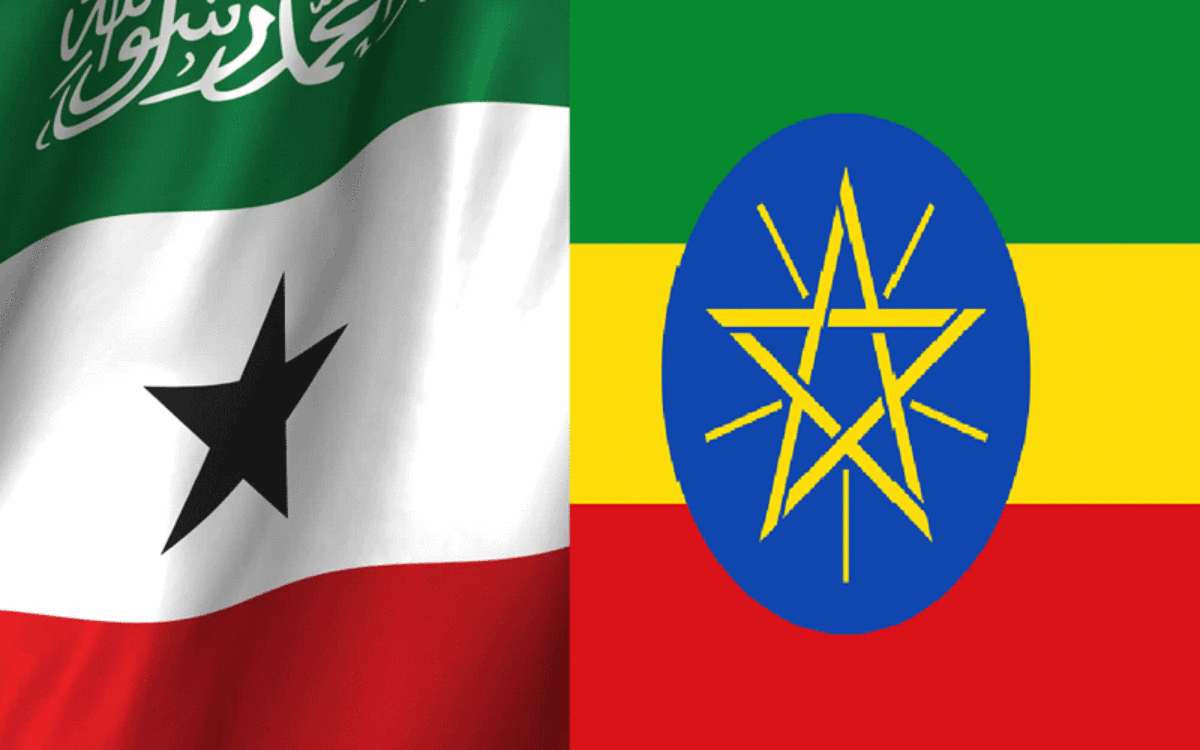


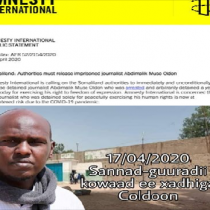

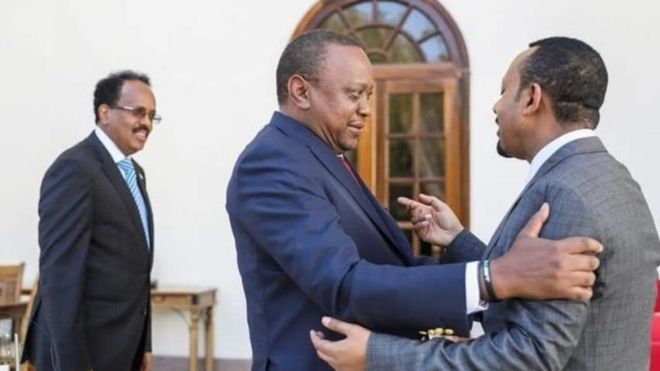
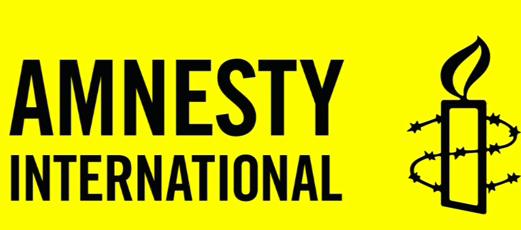

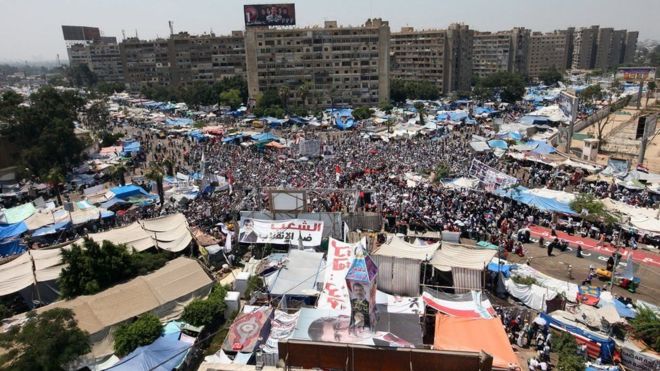





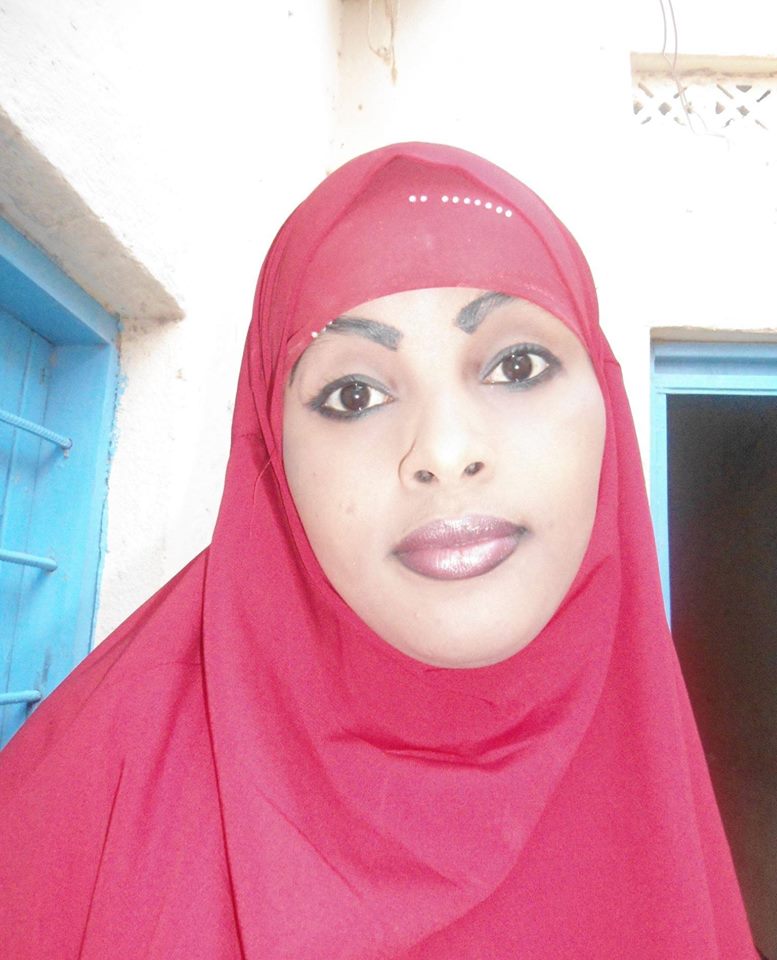




HOW WE CAN BENEFIT AND IMPROVE THE STANDARD OF OUR NATIONAL TELEVISION PROGRAMMES TO DEVELOP OUR SOCIETY
I have Incorporated one more paragraph regarding the good governance which is regard as very essential pubic administration. Kindly republish as per the revised version. Thanks.